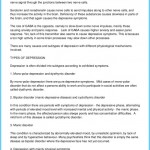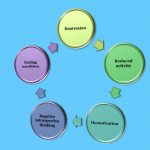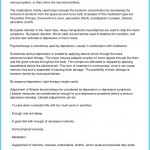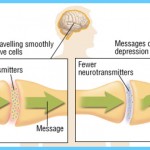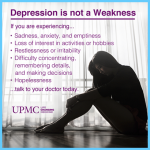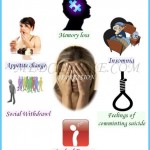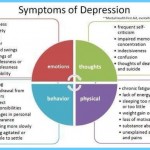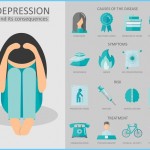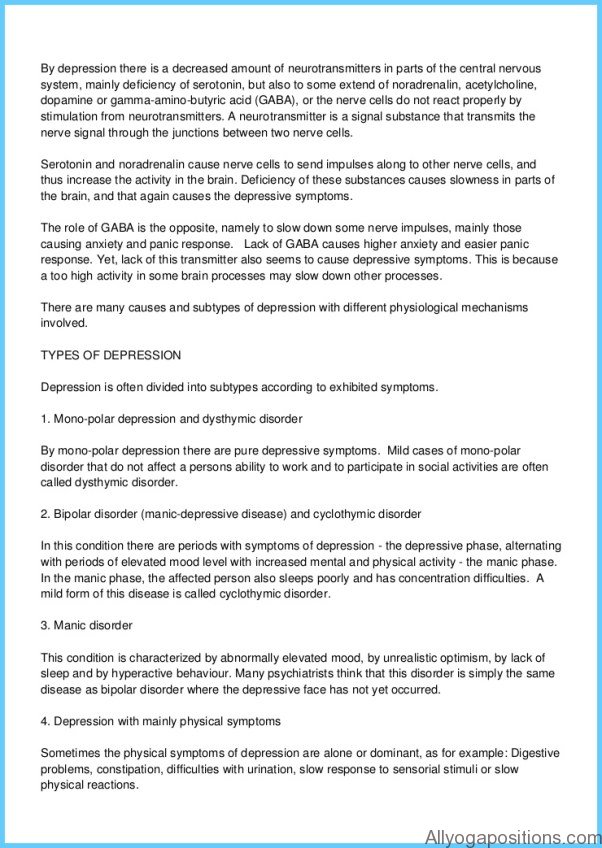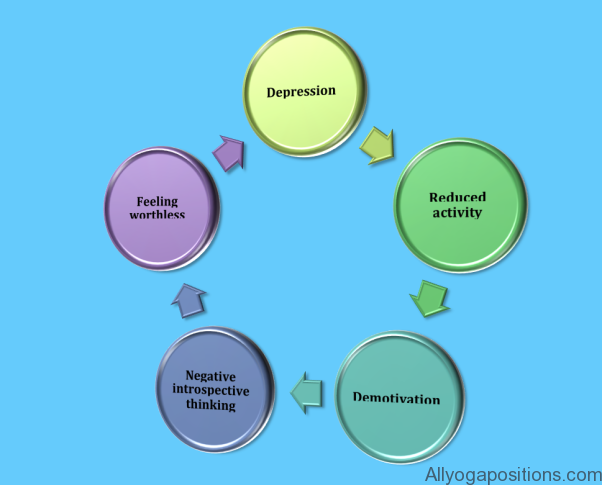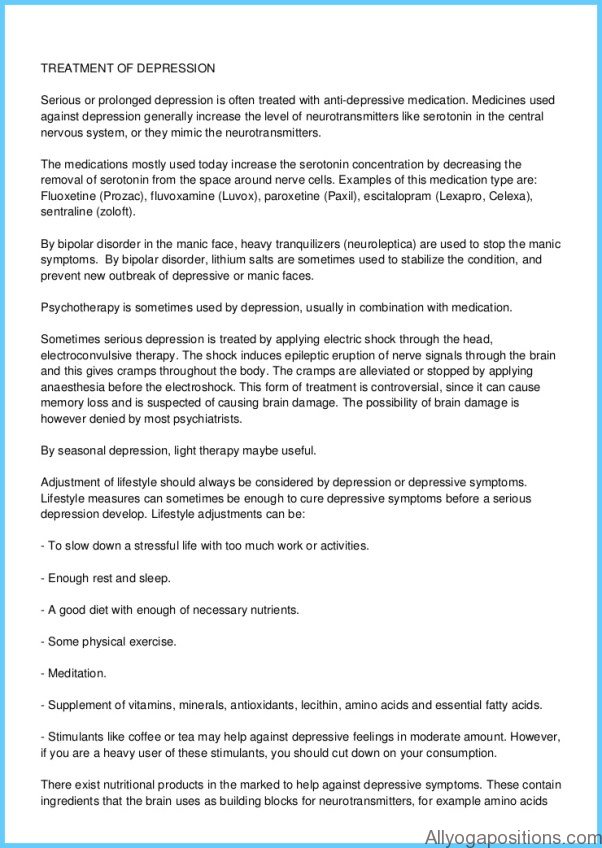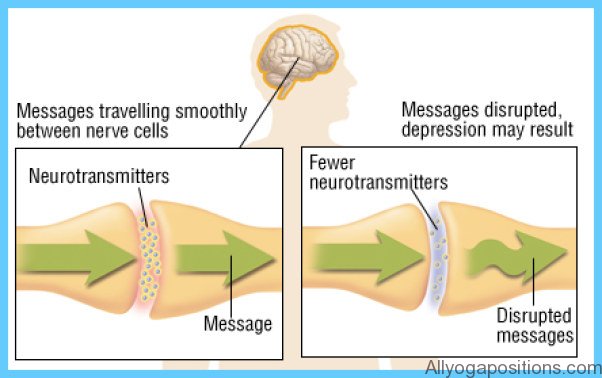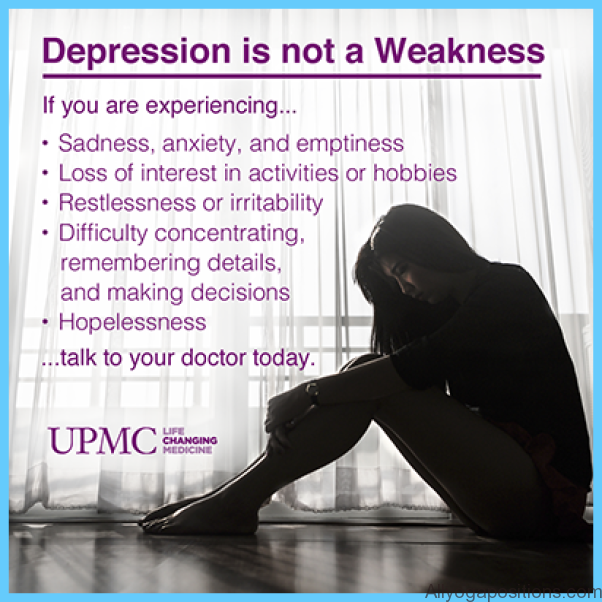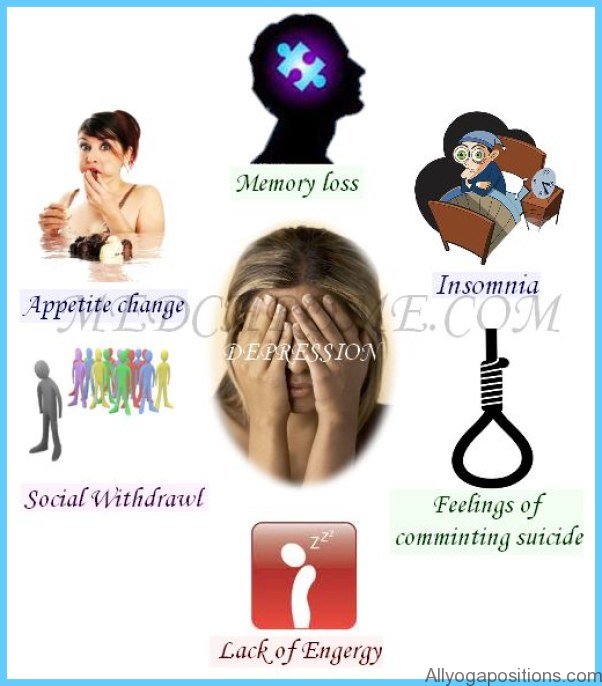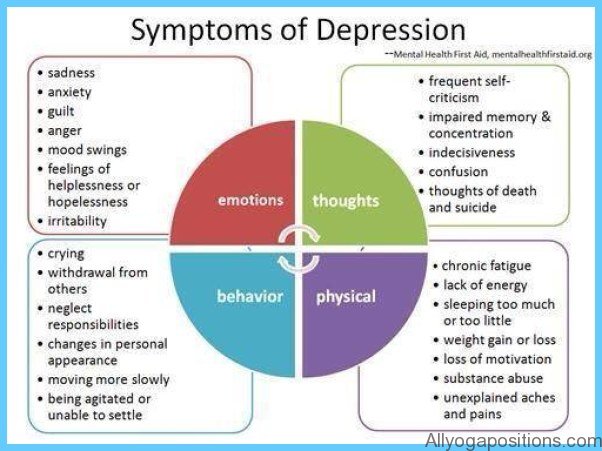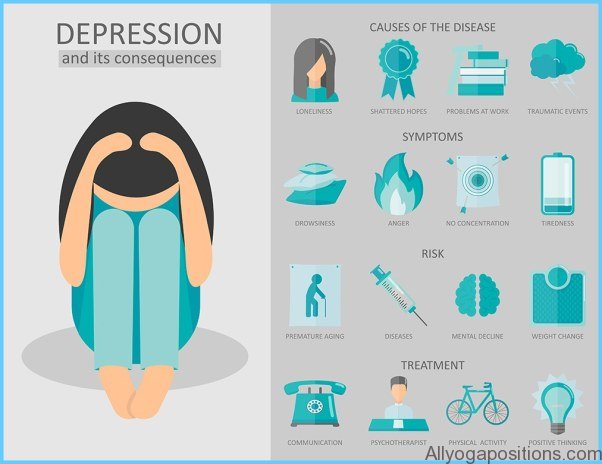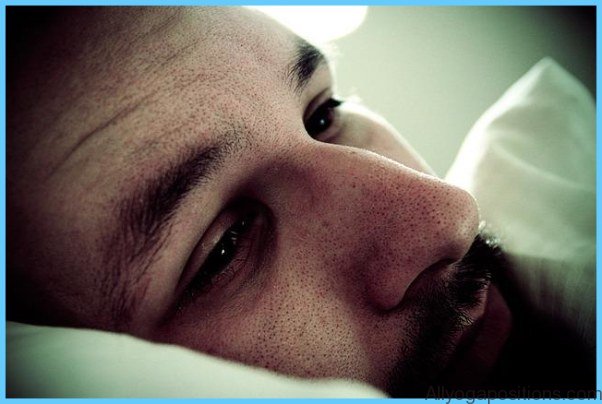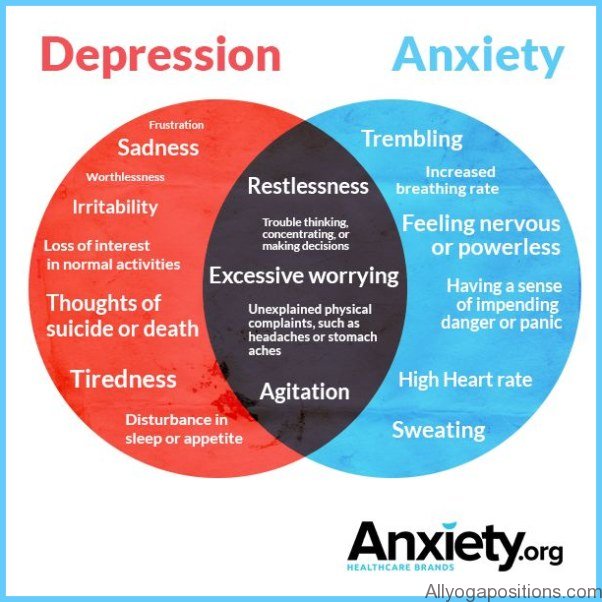It is estimated that 20 million adult Americans experience depression every day.1 Study after study has indicated that women suffer depression twice as often as men.
Rates of depression have been increasing in every generation since 1915. Ongoing scientific research continues to explore the causes of this pervasive condition.
And yet, much of the research on mental illness has been conducted on men, using male standards. As a result, women suffering from mood disorders often do not receive the diagnosis or treatment that is appropriate to their needs. Researchers are only just beginning to understand the factors that contribute to gender-based differences in mental illness.
What Causes Depression?
When faced with the stresses and losses of life, the natural response is sadness and grief. Everyone experiences emotional highs and lows in life and it’s very normal to suffer through a bout of the blues once in a while. But depressive illness goes beyond these reactions. Depression is a prolonged emotional response that significantly interferes
with the ability to cope with daily living. It may cause profound lifestyle changes and, without treatment, symptoms may linger for months or even years.
There are three types of depression:
1. Unipolar major depression (clinical depression) The diagnosis for this condition is made if symptoms of deep despair persist and consistently interfere with normal functioning during a two-week period.
2. Dysthymia A milder form of depression, dysthymia is a chronic mood disorder that lasts for at least two years.
3. Manic depression (bipolar illness) Less common than the other forms of depression, manic depression involves disruptive cycles of elation or euphoria, alternating with depressive episodes, irritable excitement and mania.
The actual causes of depression are not fully understood. It’s thought to result from a combination of factors that include environmental and hereditary conditions, lifestyle choices, stress level and body chemistry. Modern brain imaging technologies reveal that specific neural circuits in the brain do not function properly during depression, impairing the performance of crucial brain chemicals called neurotransmitters. Another theory holds that depression is caused by an imbalance in the body’s response to stress, which results in an overactive hormonal system. Some studies also suggest that low levels of certain brain chemicals, known as amines, may slow down the nervous system and impair brain function enough to cause depression.
In women, there is evidence that the hormonal fluctuations of menstruation and pregnancy can trigger mental disorders.
Symptoms
Symptoms of depression develop gradually, over a period of days or weeks. People with depression often appear slow and sad or irritable and anxious. They may be preoccupied with intense feelings of guilt and may have difficulty sleeping, concentrating or experiencing normal emotions. As the depression progresses, they may feel more and more helpless and hopeless and may even have thoughts of suicide and death.
Not everyone with depression experiences a full range of symptoms, and the severity of the symptoms can vary from person to person. To be diagnosed with depression, you must be experiencing at least four of the following indicators consistently over a period of at least two weeks:
• general sluggishness or agitation
• loss of interest in daily activities
• withdrawal
• acute sadness or feeling of emptiness
• demoralization, despair, feelings of worthlessness and hopelessness
• anxiety
• frequent outbursts of anger and rage
• difficulty concentrating, memory loss, unusual indecisiveness
• self-criticism, self-deprecation
• changes in eating habits
• sleep disorders (insomnia, frequent awakening)
• chronic fatigue, lack of energy
• physical discomfort, such as constipation, headaches
In dysthymia, these symptoms are present in a milder form. This illness begins early in life and may last for years, even decades. People with dysthymic depression are pessimistic, humorless, introverted, lethargic and often self-critical. They are preoccupied with inadequacy, failure and negative events.
People with manic depression often appear elated, uncontrollably enthusiastic and intrusively friendly. But they may just as easily become irritable or hostile. As the condition progresses, mental activity speeds up and the need for sleep decreases. A manic person is easily distracted, shifting constantly from one task or project to another, may indulge in inappropriate sexual or personal behaviors or may have delusions of power and wealth. People suffering from mania often do not recognize their own condition and may put themselves at risk in many ways, without ever realizing they are in danger.
A typical depression can last for six to nine months and episodes may recur several times over a lifetime. Symptoms rarely go away on their own, but with professional diagnosis and treatment, depression can be managed and controlled very successfully.
Who’s at Risk?
Depression can affect anyone, at any time. The illness is a complicated process and is rarely due to a single event or condition. Some of the main risk factors associated with depression include the following:
1. Family history If you have an immediate family member with depression, your risk is much higher. Family environment may also play a role, as children growing up with a depressed person may learn inappropriate ways of handling stress.
2. Traumatic life events Early childhood events, such as the loss of a parent, sexual abuse or divorce, increase the risk of adult depression.
3. Stress Work-related pressures or negative life events such as the loss of a loved one, a divorce, financial problems or a move to a new location might trigger depression.
4. Marital and work status Depression is highest among divorced, separated or widowed people and among those living alone. Unemployment lasting more than six months is also a factor.
5. Physical illness Cancer, heart disease, AIDS/HIV, hormonal disorders and thyroid conditions are associated with depression.
6. Medications Many medications, including sedatives and pain medications, produce mood disorders as a side effect.
7. Gender and age Women suffer from depression and attempt suicide more often than men. Children, adolescents and the elderly experience stressful life events that may predispose them to depression.
8. Ethnicity Depression occurs in every culture and ethnic group. However, cultural and ethnic differences do affect the symptoms and treatment of this condition.
9. Alcohol, drugs and tobacco Many people who are depressed suffer from alcoholism, too. Alcohol is a depressive drug and will aggravate the symptoms of depression. Some people turn to mood-altering drugs for relief of symptoms, but this type of drug tends to complicate depression and interfere with its treatment. Depression is also associated with an increased frequency of cigarette smoking.

